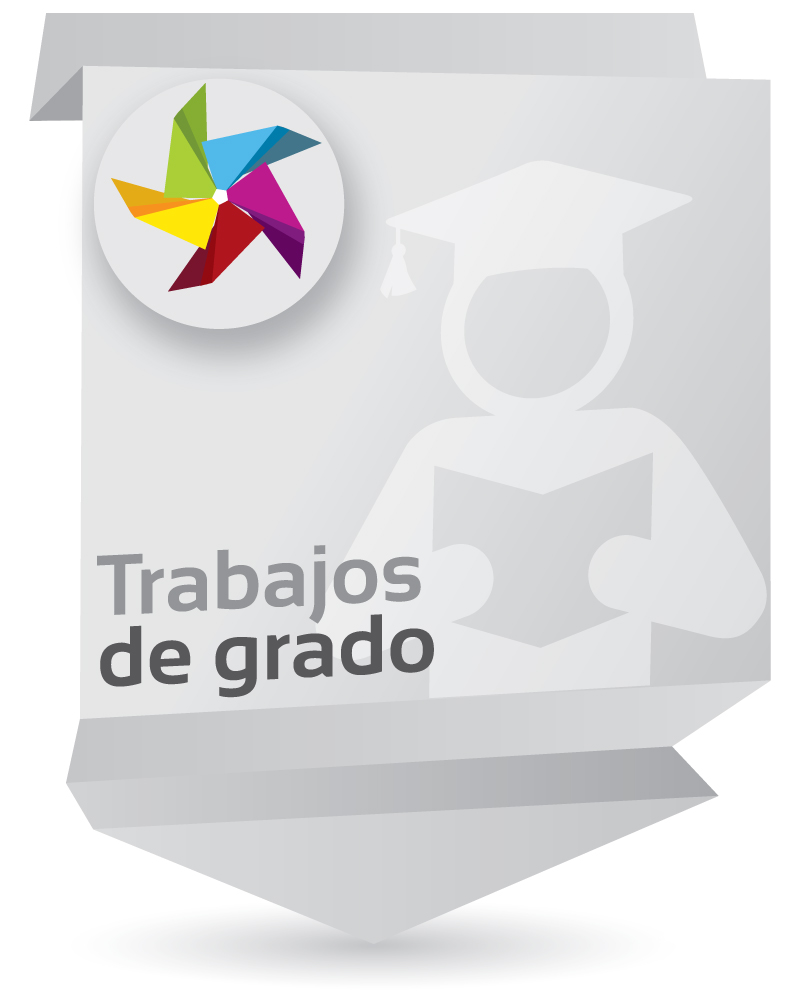Formación de docentes en la estrategia EDIC (ecología humana, diseño, ingeniería y comunicación), aplicada a estudiantes de cuarto de primaria de manera transversal en el reciclaje del plástico del colegio Clermont
Enlaces del Item
URI: http://hdl.handle.net/10818/49867Compartir
Estadísticas
Ver Estadísticas de usoMétricas
Catalogación bibliográfica
Mostrar el registro completo del ítemAutor/es
Mayorga Fernández, Tania BriznethAsesor/es
Escorcia Oyola, Ludmila IsabelFecha
2021-08-17Resumen
Esta investigación tiene como objetivo promover habilidades investigativas en los docentes, a través de la formación, implementación y evaluación de una estrategia didáctica para el desarrollo de competencias de innovación sostenible llamada EDIC (Ecología humana, Diseño, Ingeniería y Comunicación), la población que se beneficia de la capacitación son estudiantes de cuarto grado que hacen parte de un Colegio Colombiano que sigue el Currículo Cambridge. El tema que se trabaja transversalmente es el reciclaje del plástico. Después de la implementación de la estrategia EDIC, los docentes encontraron que el nuevo conocimiento en investigación que adquirieron a través de la formación y de la experiencia de trabajo, fue muy valioso para su labor docente y ayudo a los estudiantes de cuarto de primaria a encontrar soluciones para el problema del reciclaje de plástico en el colegio. Los estudiantes y profesores tuvieron la oportunidad de analizar información de diversas fuentes y compartir lo que aprendieron en diferentes asignaturas, mientras trabajaban en grupos cooperativos. This study aimed to promote research skills in primary teachers, trough the training,
implementation an evaluation of a didactic strategy for the development of Sustainable
Innovation competencies, called EDIC (Human Ecology, Design, Engineering, and
Communication) in students who belong to a Cambridge Curriculum School in Colombia.
After the implementation of the strategy, teachers found out that the new research knowledge
they acquire trough the training and the experience, was valuable for their teaching and helped
the students by building up new opportunities to solve the recycling problem that the school
community was facing. Also they considered that students and teachers got the opportunity to
analyze information from different sources in order to share what they have learned in different
subjects and that it was a priceless experience for children and adults to work in cooperative
teams. Teachers found the experience enriching because the students were motivated, and able to
help the school community by solving a real life problem.
Due to the good results of the investigation, the experience is going to be replicated with other
primary teachers, in order to strength their research abilities and help the students to develop
skills in sustainable innovation according to the School Mission and Vision.


















